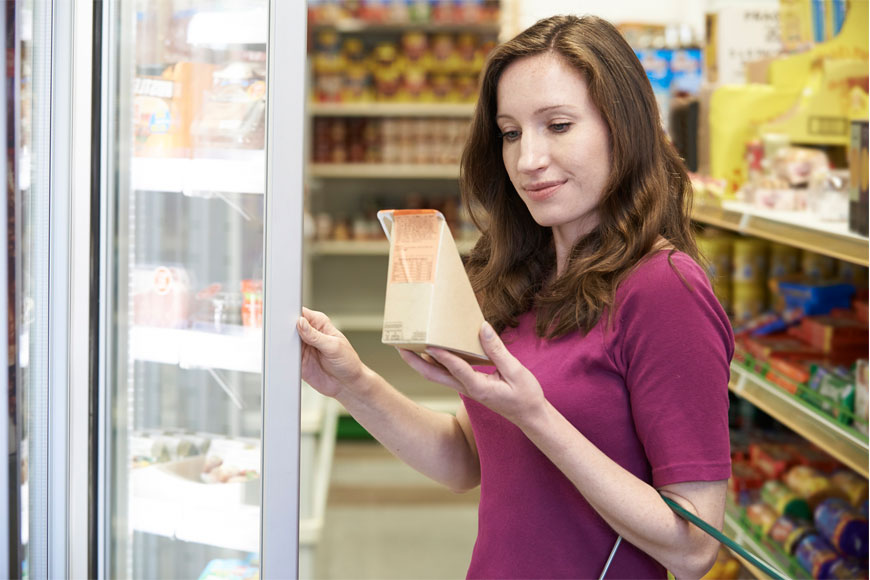The new regulations include an increase in how many children can stay within a 'bubble', and nursery suspension protocols for Covid cases.
21 June 2021
| Last updated on 22 June 2021
The Abu Dhabi Emergency, Crisis and Disasters Committee has announced new regulation updates for nurseries and early learning centres across the capital, with the changes effective from Thursday July 1.
Thanks to "a consistently low infection rate" in Abu Dhabi's nurseries, the vaccination of 77 per cent of staff, and after consulting with nursery school operators and parents, the policy changes will relax currently existing precautionary rules.
SEE ALSO: Parents, This Is Your One-Stop-Shop For Paediatric Services in Abu Dhabi
Here is what parents in the emirate can expect...
What are the new rules for Abu Dhabi nurseries?
Changes to 'bubbles'
Ever since nurseries reopened in the UAE, kids in classes were divided into 'bubbles', forming smaller in-class groups to reduce the risk of potential Covid-19 infections.
Officials will increase the number of children within each 'bubble' to 12 (for kids between 45 days old to 2 years old), which previously had a maximum capacity of 8.
For children between 2 to 4 years old, bubble sizes will increase from 10 to 16.
Closing 'bubbles' in nurseries
If a child or teacher within a bubble tests positive for Covid-19, that bubble will be closed for 10 days.
If three or more bubbles are reportedly affected with the virus at the same time, the entire nursery will then close for 10 days
"Nurseries play a crucial role in shaping children’s futures, by building their skills and evolving their social and intellectual abilities at the most important stage of character development," said Mariam Al Hallami, Division Director of the Early Childhood Education, the Abu Dhabi Department of Education and Knowledge (Adek).
She added: "Nurseries are also critical in supporting parents’ careers and ability to work by providing this essential service. During the pandemic, parents, their employers, and nursery operators worked closely together to minimise the impact of reducing nurseries’ capacity while also ensuring children receive the important care they need."


























.png?itok=HBSyMDok)





















































































.png?itok=0fOAXkOm)















.png?itok=EH_x0Pha)













